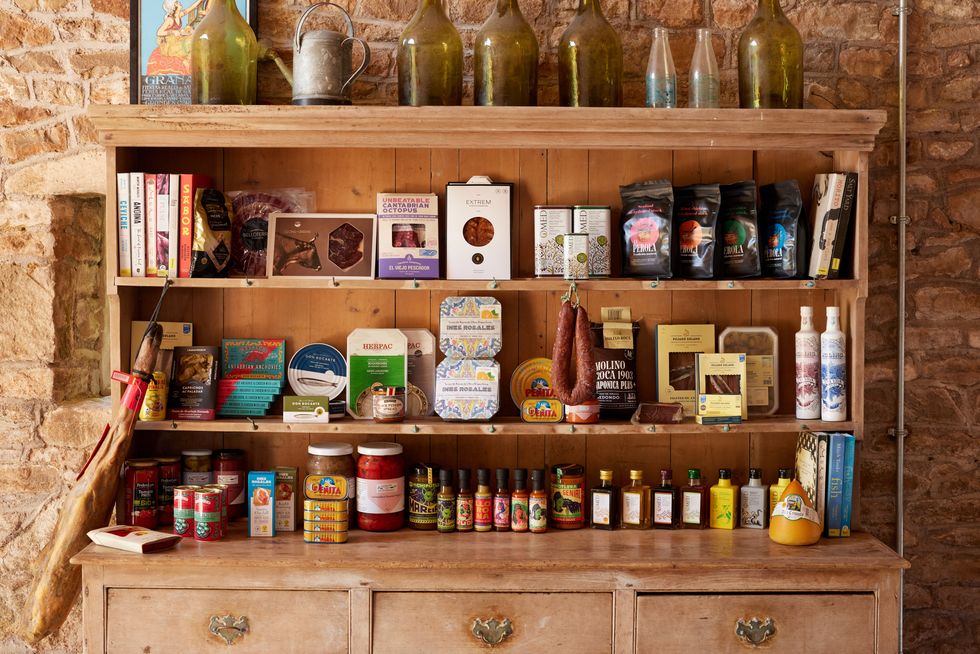A crackdown on illegal tobacco has seen more than 778,000 cigarettes seized by Glasgow trading standards officers in the last two years.
They have been working with HM Revenue and Customs (HMRC) on Operation CeCe to prevent the sale of illicit tobacco products since 2021.
As well as the cigarettes, 126kg of hand rolling tobacco has been confiscated under the strategy — with HMRC reporting the total seizures equate to a prevented loss of revenue of around £365,000.
The news comes after it was revealed officers in Glasgow also seized more than 13,000 non-compliant single-use vapes in the final three months of last year.
Cllr Ruairi Kelly, SNP, the council’s neighbourhood services and assets convener, said the amount seized is “a worrying indication of the scale of the problem”.
He said the products create “additional health risks” and harm legitimate business.
Under Operation CeCe, officers in Glasgow, who are often supported by sniffer dogs, carried out 63 visits in 2022, confiscating products at 51 premises.
Tobacco seizures were made in half of the city’s wards last year.
Examples of illegal tobacco include:
- counterfeits of well-known brands
- cheap genuine tobacco smuggled into the UK with no duty paid [often in foreign languages with no health and safety warnings]
- ‘cheap whites’, which are mass produced in one country and smuggled into another, such as brands not legally available in the UK market
Intelligence gained on a visit to a Glasgow retailer helped Border Force Officers make “a significant seizure of illegal tobacco products”, a council report revealed.
It added the “sale of illegal tobacco is not a victimless crime”. “Children are regularly targeted, not only becoming addicted but often being exposed to criminals involved in money laundering.”
Sniffer dogs have been trained to target the scent of tobacco and can help officers find hidden products, such as under floorboards or behind false walls.
Cllr Kelly said: “The amount of illicit tobacco seized by Glasgow’s trading standards officers is testament to the expertise and professionalism of the team but it is also a worrying indication of the scale of the problem.
“The trade in illicit cigarettes and tobacco creates additional health risks to smokers as there are no guarantees about what the products contain.
“It also harms the legitimate businesses which serve our communities and reduces the amount of tax coming in to fund vital public services.”
Cllr Kelly also has “serious concerns” about single-use vapes due to “their environmental impact and the impact on people’s health in years to come”.
Research by the Chartered Trading Standards Institute (CTSI) revealed illicit vapes are the “products trading standards professionals are most concerned about on the UK’s high streets”.
There has been a “surge” in the illegal sale of vaping products over the past year, the council report added, and the “rapid expansion of the market for disposable nicotine devices is a concern”.
More than 13,000 non-compliant vapes were seized in Glasgow for a variety of reasons, including tank capacity, nicotine strength well in excess of permitted levels and failure to notify products to the Medicines and Healthcare products Regulatory Agency (MHRA).
The Scottish Government has commissioned a review of the environmental impacts and management of single-use vapes.
Cllr Kelly said: “We are seeing more and more disposable vapes littering our streets and green spaces, because people are just dropping them at their feet when they are empty.
“The apparent marketing towards younger people with sweet flavours and brightly coloured packaging is something I would like the Scottish Government to seriously look at addressing given the concerns that we will get 10 years down the line and have a generation of people with serious lung conditions.”
Test purchasing is carried out in Glasgow and businesses that sell either cigarettes or vapes to young volunteers receive fines and advice on how to comply in future.















![Karnail Singh Sandhar: Legacy of resilience, courage and vision [Exclusive]](https://www.asiantrader.biz/media-library/late-karnail-singh-sandhar-founder-of-uk-s-first-biggest-asian-focused-cash-and-carry-as-well-as-warwickshire-s-first-asian-ori.jpg?id=55350177&width=600&height=702)





